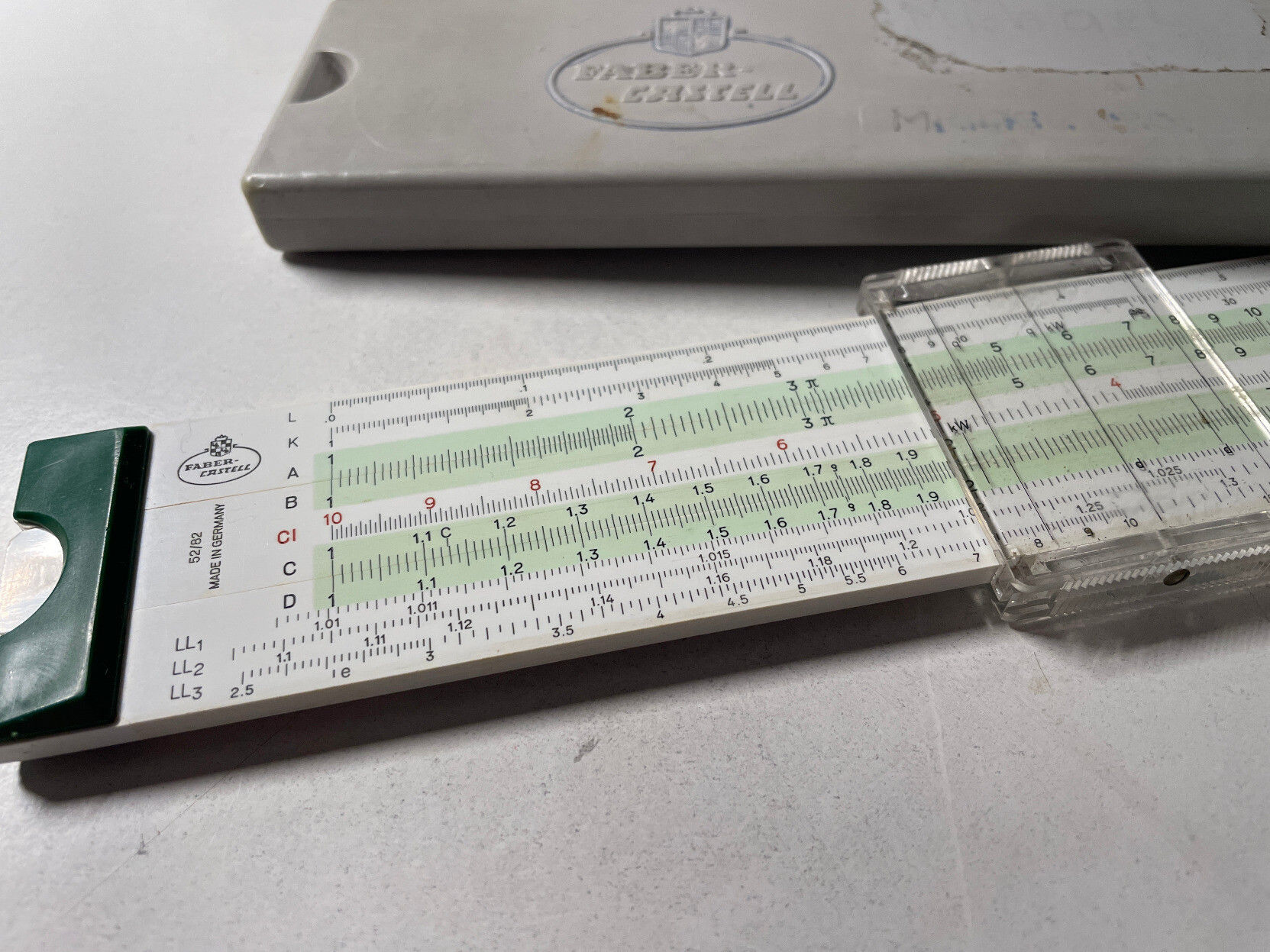Perfect Days
Today was sunny, and it felt like Spring. Too early, of course, nonetheless pleasant. I’ve felt butterflies in my tummy, having the sun on my face and going for a stroll with my partner.
We watched Perfect Days by Wim Wenders three weeks ago, and I have the feeling, it left an impression. The film is wonderful to watch. Moods like the early arrival of spring. I was especially taken by the portrayal of Japan’s everyday life and the images of Tokyo, the latter something I have fond memories of from my trip 24 years ago.
For a good ten years I didn’t own a computer anymore. I usually got one from the place I was employed by and had personal life on there as well. My current employer gave me a laptop as well, but it’s the first time a managed machine. I do have root rights, but still. Having a Microsoft update application start up every few hours just doesn’t feel right. So I bought my own machine! I waited quite a time, rechecked sporadically and just this week found a used Thinkpad X1 Carbon 5th Generation (2017). The machine and battery are in great shape and I instantly threw an Ubuntu at it (with the Budgie desktop) and honestly, it feels really, really good. The only difference is the image quality of the screen.
The film Perfect Days is about a man who, purposely or not, chose to leave only little trace on this planet. He reads only used books that he buys for $1, listens to the same cassettes since decades, doesn’t want to make a career, and his hobbies are making analog photos of the same tree and caring for the seedlings from the same tree. There is a beauty in this man’s simple and repetitive-rhythmic life. I have a more tragic take on the movie as well, but no spoiling here.
During our walk today, we went to a nearby Brocki to see if we find some nice used stuff. I stumbled upon an analog point and shoot camera that caught my attention. It’s pretty bulky and looked like from the early 2000s. A quick search resulted in a Reddit thread that gave the camera raving thumbs-ups, so I bought the thing. Who am I to deny that camera a second chance for under 10.-. There you go, some gorgeous images from the Pentax Espio 200:
If the camera works at all and how the photos turn out is yet to be discovered - next week or so.
The film’s portrayal of this man’s simple life touched me. Life often seems complicated enough, no? Constant struggle in a capitalism, who up to this day didn’t fulfill its promise of making society more just. Having my own old computer is quite fitting for my growing interest in paper-, perma-, post-collapse-, and retrocomputing. The Internet and computing in the 2020s is fucking messy and takes a lot of energy, from us as well as from the planet. I’m into these computing subjects not because of a nostalgic longing for simpler times (it was certainly not), but because I believe it was actually enough. People made games and the internet and what not with a handful of microprocessors, what else do we want? Capitalism and the dead-drive.
To finish with the old artifacts: I think it was neauoire who introduced me to this wonderful object in a post a while ago. By pure happenstance, I came into possession of a slide rule. It’s a Faber Castell D-Stab 52/82, and I already figured out multiplication.

I started to read a book which took me surprised. Researching a bit what books I should read into, before we go to Japan for our Spring-holidays, I found Fifty Sounds by Polly Barton. Having tried to learn Japanese myself (among many other languages …) and head-first dove into French nearly 7 years ago, I can relate to the book’s premise of acquiring a language not as a act of practicing but relearning reality. Language is access to the world. Can recommend the book.
By pure happenstance, I ended up taking Joe Sacco’s Paying the Land and Kate Beaton’s Ducks from the library and reading them in that order. The two graphic novels are essentially about the multiple crises (patriarchy, capitalism and the climate) from the perspective of the people on the ground, in colonized Canada. Both works excel at capturing the complexities of these crises, and their violence to the people. Especially “Paying the Land” reminded me of Tania Li’s Land’s End, a great anthropological work on the same complexities in Indonesia. Capitalism and patriarchy pair well, and there is violence and injustice throughout the two novels. Heavy reads, but important ones.